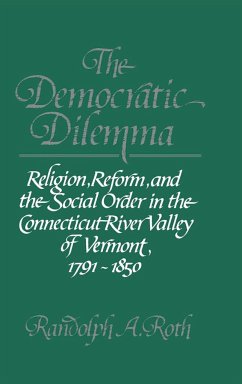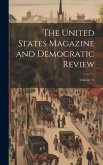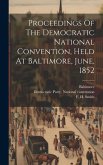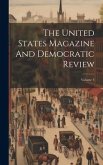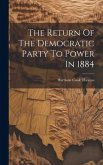The Democratic Dilemma seeks to explain Vermonters' extraordinary faith and idealism. It argues that Vermonters, as the most radical democrats of the Age of Revolution and conservators of New England's traditions, faced a dilemma: how to reconcile their commitment to competition, toleration, and popular sovereignty with their desire to defend an orderly and pious way of life. By embedding democratic ideals in their institutions and their society. Denominations and political parties clashed, townspeople and church members proved ungovernable, and young people grew wayward and rebellious. An economic and demographic crisis in the 1830s and 1840s compounded these problems by denying many inhabitants what they wanted most independent shops and farms for themselves and their descendants. None of these problems could he solved without restraining spiritual, political, and economic freedom and compromising the principles of Vermont's revolution.
Table of contents:
List of tables and maps; Acknowledgments; Introduction; 1. The revolutionary frontier, 1763-1800; 2. The failure of the covenanted community and the standing order, 1791-1815; 3. Religion and reform in the shaping of a new order, 1815-1828; 4. From an era of promise to pressing times, 1815-1843; 5. A clamor for reform, 1828-1835; 6. The great revival, 1827-1843; 7. A modified order in town life and politics, 1835-1850; 8. Boosterism, sentiment, free soil, and the preservation of a Christian, reformed republic; Conclusion; Appendices; Notes; Index.
This book argues that Vermonters, as the most radical democrats of the Age of Revolution and conservators of New England's traditions, faced a dilemma: how to reconcile their commitment to competition, toleration, and popular sovereignty with their desire to defend an orderly and pious way of life.
The Democratic Dilemma seeks to explain Vermonters' extraordinary faith and idealism.
Hinweis: Dieser Artikel kann nur an eine deutsche Lieferadresse ausgeliefert werden.
Table of contents:
List of tables and maps; Acknowledgments; Introduction; 1. The revolutionary frontier, 1763-1800; 2. The failure of the covenanted community and the standing order, 1791-1815; 3. Religion and reform in the shaping of a new order, 1815-1828; 4. From an era of promise to pressing times, 1815-1843; 5. A clamor for reform, 1828-1835; 6. The great revival, 1827-1843; 7. A modified order in town life and politics, 1835-1850; 8. Boosterism, sentiment, free soil, and the preservation of a Christian, reformed republic; Conclusion; Appendices; Notes; Index.
This book argues that Vermonters, as the most radical democrats of the Age of Revolution and conservators of New England's traditions, faced a dilemma: how to reconcile their commitment to competition, toleration, and popular sovereignty with their desire to defend an orderly and pious way of life.
The Democratic Dilemma seeks to explain Vermonters' extraordinary faith and idealism.
Hinweis: Dieser Artikel kann nur an eine deutsche Lieferadresse ausgeliefert werden.

